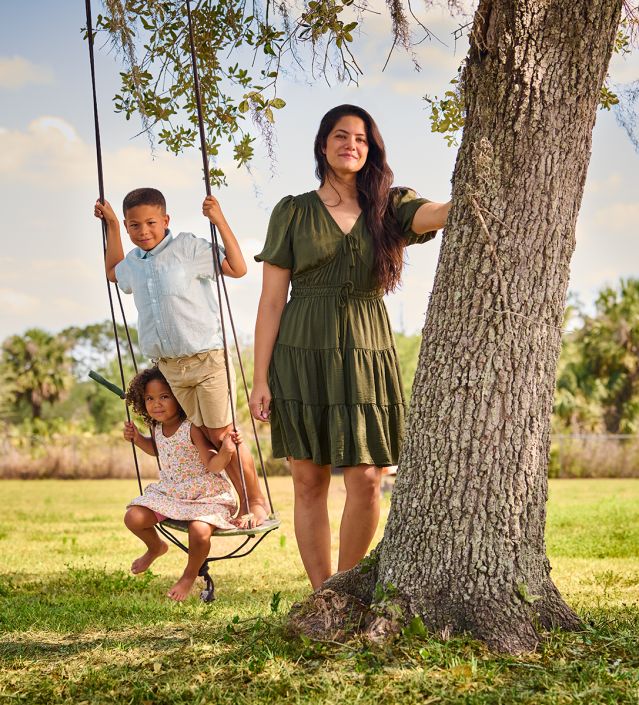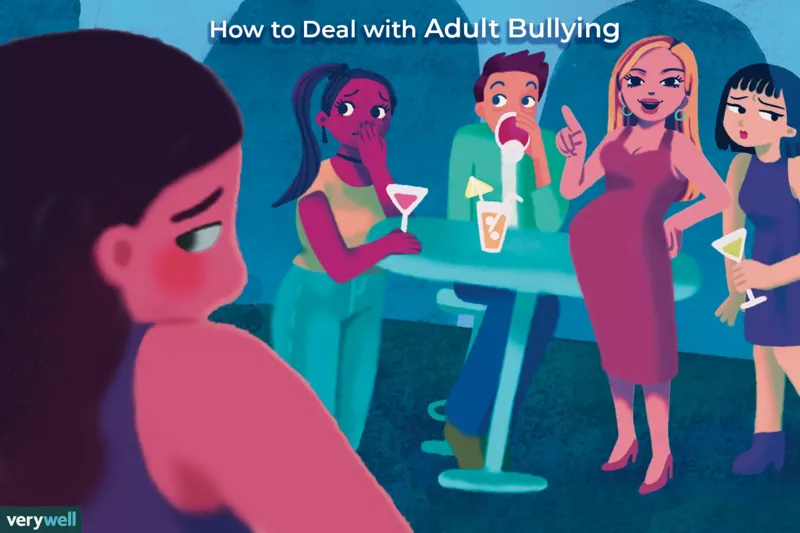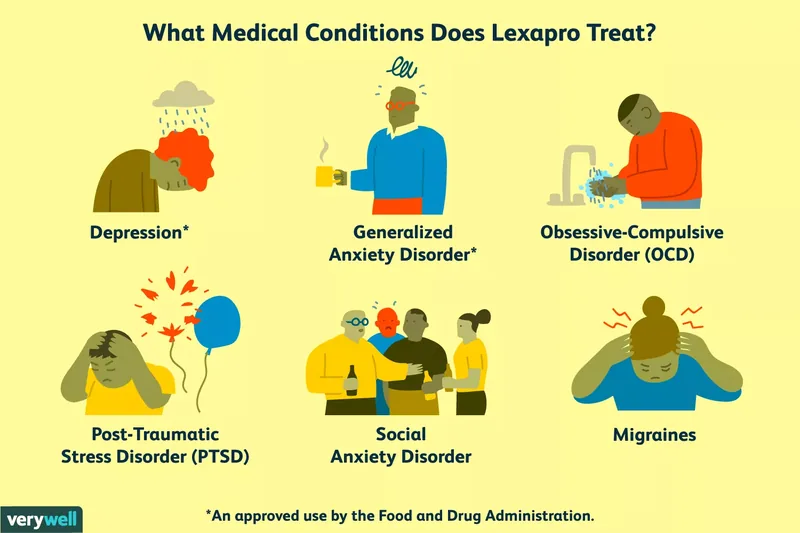In an increasingly digitally connected yet socially isolated world, a surprising new phenomenon is reshaping male friendships: the 'Goodnight, Bro' trend. This viral movement, where men call their male friends simply to say goodnight, offers far more than just comedic relief. It's a powerful, organic response to rising loneliness, providing vital social connection and significantly impacting mental well-being. This article delves into the transformative positive effects of the 'Goodnight, Bro' trend, from fostering emotional expression to potentially reducing suicide risk, particularly in high-stress professions like law enforcement.
The 'Goodnight, Bro' Phenomenon Explained
The 'Goodnight, Bro' trend has become a viral sensation across social media platforms like TikTok, involving men spontaneously calling their male friends to simply wish them a good night. These calls are often recorded, capturing the initial surprise, confusion, or awkward humor of the recipient. While seemingly trivial, this trend cleverly subverts traditional masculine communication norms, which often discourage overt emotional expression or casual check-ins between male friends.
At its core, the humor embedded in these interactions often serves as a protective layer, masking a deeper, often unacknowledged psychological need for genuine connection. It's a playful yet profound way for men to reach out, breaking down barriers that typically prevent such direct and seemingly vulnerable communication. The positive effects of 'Goodnight, Bro' begin with this simple act of reaching out.
Why Male Isolation is a Growing Concern
This trend emerges against a backdrop of increasing male social isolation, a significant public health challenge. Research indicates alarming statistics: in 2021, 15 percent of men reported having no close friends, a sharp increase from just 3 percent in the early 1990s. Even more concerning, among men under 30, nearly 28 percent report a complete absence of close social connections.
A May 2025 Gallup poll further underscores this issue, revealing that younger men in the United States experience higher levels of loneliness compared to their international counterparts. These statistics suggest that the 'Goodnight, Bro' trend isn't just fleeting entertainment; it may represent an intuitive, organic response to a widespread, unmet need for social and emotional connection among men. Experts in social psychology, including those at Harvard, emphasize the critical role of strong social ties in overall well-being.
People Also Ask: What is the 'Goodnight, Bro' trend?
The 'Goodnight, Bro' trend involves men making unexpected calls to their male friends solely to wish them goodnight, often recording their surprised reactions for social media. This playful yet meaningful act challenges traditional masculine norms around emotional expression, fostering connection and addressing growing social isolation among men.
Psychological Benefits of Authentic Connection
From a positive psychology perspective, the 'Goodnight, Bro' trend embodies several elements crucial for mental well-being. These brief, authentic interactions fulfill the fundamental human need for belonging, profoundly influencing mental health outcomes. Stanford researchers have long highlighted the importance of consistent interpersonal contact for psychological resilience.
Here are some of the key psychological positive effects of 'Goodnight, Bro':
- Fosters Social Connection: Even short, regular interactions significantly fulfill the basic human need for belonging, directly impacting mental health. This consistent contact helps men feel seen and valued.
- Normalizes Emotional Expression: The trend creates permission structures for men to express care and vulnerability more openly, gradually dismantling traditional barriers to emotional sharing. It makes saying









